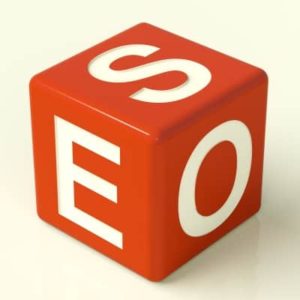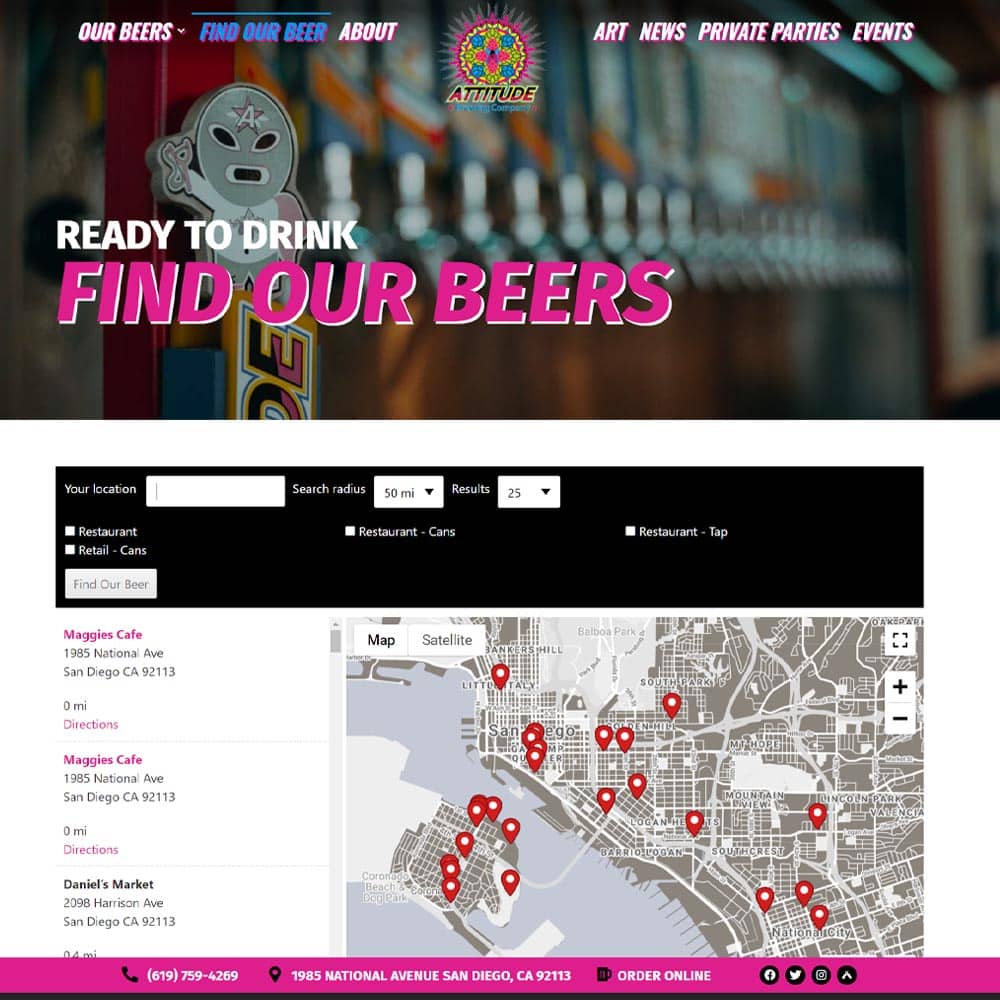
SEO, or Search Engine Optimization, is the process of affecting a business’s ability to be seen and ranked by the search engines through controlling content and code on your website (aka On-Page SEO) as well as managing relationships with other websites who may write about, or link to, your website (aka Off-Page SEO). The search engines will chose to display your website’s content within the search engine results page, or SERP, if it thinks the topical nature of your website content is relevant to the keyword or phrase a user has searched. It will then use a complex formula, or algorithm, to determine what content to show first.
The age old formula for winning in SEO has always been Authority + Relevance = Rank.
- Authority can be determined by how large your website is (how many pages are on your website) and how credible you are (how many other websites are linking to your website).
- Relevance can be determined by the overall topical nature of your website to the search being conducted, how relevant a specific landing page or article of content is, and how recently the piece of content being considered was created.
SEO is all about letting nature take its course and doing things organically. Paying for placement on a website or advertising will not have any impact on your organic ranking. And, trying to cheat the system, i.e. developing linking schemes or paying others to link to link to you, rarely has an impact anymore as the search engines strongly prohibit this practice. In some cases, they will even black list your website if it is connected to the use of prohibited, or black-hat SEO practices.
When SEO was born in the early 2000’s, SEO was really all about trying to manipulate data on your website or developing link schemes within pages on your website and with other websites. Today, SEO is somewhat different, thanks to the constant updates and optimization of the algorithms or formula’s search engines use to determine what content to show you. SEO is less about trying to affect your rankings and more about simply making sure your brand is well established, professionally represented, your website is easy to navigate, and you are hosting unique content that is relevant to the products or services you offer. The more useful and unique content you host on your site, the more opportunity to have for others to find your content and share it with others.
Before social media, really the only way to share content was via writing an article on a website and then referencing someone else’s website or content by linking back to them. Social media has really changed things as a majority of content is shared on sites like Facebook, Twitter, Google +, and LinkedIn and linked back to the originating source. All of these back-links, or inbound links, provide signals to the search engines that others have found your content useful, or credible enough to link to you. Although not every link holds equal weight, receiving this organic flow of traffic from these other websites back to your website lets the search engines know you are indeed an authoritative source.
Although the fundamentals of SEO have remained somewhat the same, the search engines have dramatically changed their formulas, or algorithms over the years. Besides inbound links and content on your website, there are dozens of factors and variables that can affect your website’s ability to rank organically. The search engines now take into account:
- Who is actually conducting a search
- Where they are physically located
- What types of websites they are more likely to frequent than others
- What sort of content is being used (text, photos, video, audio)
- Who is linking back to you (social influencers, educational institutions, news/media sources)
- How recent your content was published
- How rich your content is vs. others
- How well your website is built
- And the list goes on and on…
As a business with a website you must be thinking “wow, trying to keep up with SEO is easily a full-time job.” Well, it’s true – there are hundreds, if not thousands of companies, who specialize in helping businesses of all sizes climb the ranks of the search engines. And, although SEO can seem quite daunting and complex, it’s important to remember that the search engines’ ultimate goal is quite simple – to think like you! The goal of the search engines is to show you exactly what you are looking for. Sure, some of you may have been thinking that the search engine’s goal is to make money, but the reality is that they can only make money off of advertising if they constantly strive to create a great user experience that keeps search engine users coming back time and time again.
Part of the user experience is showing content from credible sources. So, keeping to the simple mantra, if you focus on making sure your brand is professionally represented online (across your website, social media, listings, etc.), you take care in regularly updating and providing unique, relevant, and rich content, and you make an effort to share your content and encourage others to digest and share your content, you shouldn’t have to worry about SEO as things will just happen naturally.
Is there more to SEO? Sure there is. However, the search engines are getting smarter and smarter at determining what content to show when. In fact, Google’s latest updates have started to take away much of the control of SEOs, making many of the technical components of SEO industry standards that come with most any website hosting or website creation service. SEO is now more increasingly less about gaming the system and more about focusing on managing your brand and your reputation. Pretty soon, we may see a world absent of any mention of SEO at all!
Drew Fortin is the VP of Marketing at PowerSites®, an all inclusive website-hosting, creation, and marketing solution that helps local businesses establish their brand, drive leads, and track success. PowerSites® is a leading resource in print, online and mobile for hyperlocal advertising, and brand management with our Business Directory Listings.







